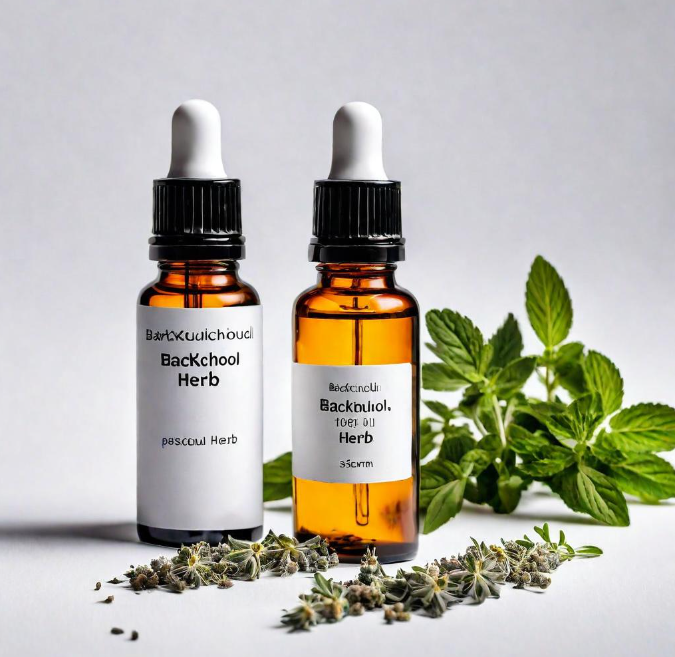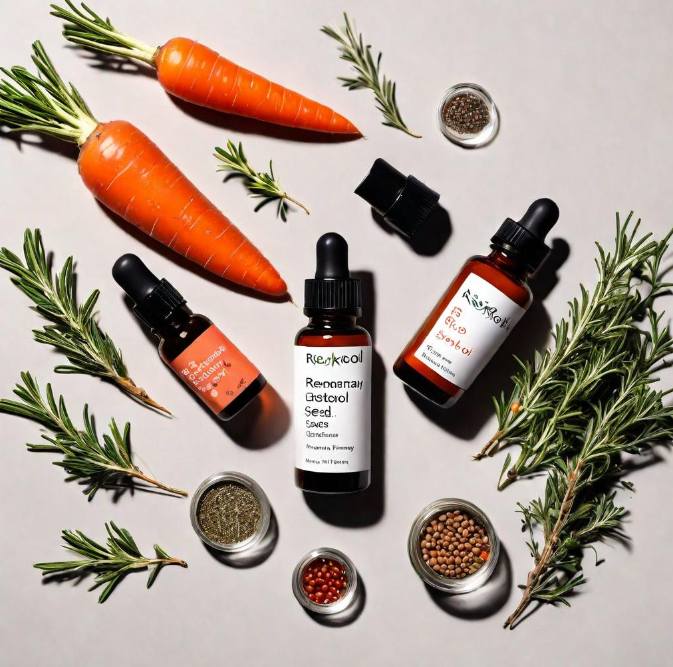Unlock the secrets of natural retinol for skin! Retinol is a derivative of Vitamin A. Discover the benefits of natural retinol for skin, how to use it and the top products to try. Improve your skincare routine naturally with this powerful antioxidant. Dive into our comprehensive guide to harnessing the power of nature’s retinol alternatives for a youthful glow. Read now!
Table of Contents:
What is Natural Retinol?
Natural retinol is also known as vitamin A. Natural retinol for skin is a powerful antioxidant that is crucial for skin health. It helps to promote cell turnover, stimulate collagen production and improve the overall texture and tone of the skin. Unlike synthetic retinol, natural retinol is derived from plant sources making it a safer and more sustainable option for skincare. Traditional or synthetic retinol products often come with drawbacks such as skin irritation, dryness and sensitivity to sunlight. Try to use natural retinol alternatives, offering all the benefits without the harsh side effects.
Top Natural Retinol Sources:
Fortunately, nature offers several natural retinol sources alternatives to synthetic retinol that deliver similar benefits with gentler effects on the skin. These natural alternatives are derived from plants and botanicals, harnessing the power of nature to rejuvenate and revitalize the skin. Here are some of the top natural retinol sources which include:
- Rosehip Seed Oil:
Rosehip seed oil is rich in vitamins A and C, antioxidants and essential fatty acids. It stimulates collagen production, fades dark spots and improves overall skin texture. It is particularly beneficial for those with sensitive skin, as it’s less likely to cause irritation compared to traditional retinol products.

- Bakuchiol:
Derived from the seeds of the babchi plant, bakuchiol has gained popularity as a natural alternative to retinol. Studies have shown that bakuchiol exhibits similar anti-aging effects to retinol including reducing wrinkles, improving skin elasticity and enhancing collagen production but without any irritating side effects.

- Carrot Seed Oil:
It is packed with beta-carotene, vitamin A and antioxidants. Carrot seed oil promotes cell regeneration, boosts skin radiance and diminishes the appearance of fine lines and wrinkles. It’s an excellent choice for those seeking a natural retinol alternative that nourishes and protects the skin.

- Rosemary Extract:
Known for its anti-inflammatory and antioxidant properties. Rosemary extract helps combat signs of aging by neutralizing free radicals and promoting cell renewal. It can improve skin tone, firmness and elasticity making it a valuable addition to any skincare routine.

Benefits of Natural Retinol for Skin:
The natural retinol for skin provides number of benefits which includes:
- Improves Skin Texture:
Natural retinol can help to smooth out fine lines and wrinkles as well as reduce the appearance of acne scars and other blemishes.
- Boosts Collagen Production:
By stimulating collagen synthesis, natural retinol helps to maintain the skin’s elasticity and firmness leading to a more youthful appearance.
- Fades Hyperpigmentation:
Natural retinol can help to lighten dark spots and hyperpigmentation, resulting in a more even skin tone.
- Unclogs Pores:
Natural retinol for skin helps to regulate oil production and prevent clogged pores leading to fewer breakouts and clearer skin.
How to Use Natural Retinol?
When incorporating natural retinol into your skincare routine, it is important to start slow and gradually increase the frequency of use. Here are some tips for using natural retinol for skin effectively:
- Patch Test:
Before applying natural retinol directly on your entire face, make sure to do a patch test on a small area of skin to check for any irritation or allergic reactions.
- Use at Night:
Natural retinol can make your skin more sensitive to sunlight, so it is best to use it at night to avoid any kind of skin irritation and always wear sunscreen during the day.
- Start with a Low Concentration:
Always begin with a lower concentration of natural retinol to allow your skin to adjust it and then gradually increase the strength as needed.
- Moisturize:
To prevent dryness and irritation from the use of natural retinol, always follow up with a moisturizer after applying natural retinol.
Conclusion:
Natural retinol for skin is a game-changer when it comes to improving the health and appearance of your skin. It provide a gentle yet potent way to achieve radiant, youthful skin without the irritation commonly associated with traditional retinol products. By harnessing the power of plant-based ingredients, you can enjoy the benefits of retinol without compromising the health and balance of your skin. Whether you opt for rosehip seed oil, bakuchiol or another natural retinol alternative, your skin will thank you for choosing gentle yet effective skincare solutions.

